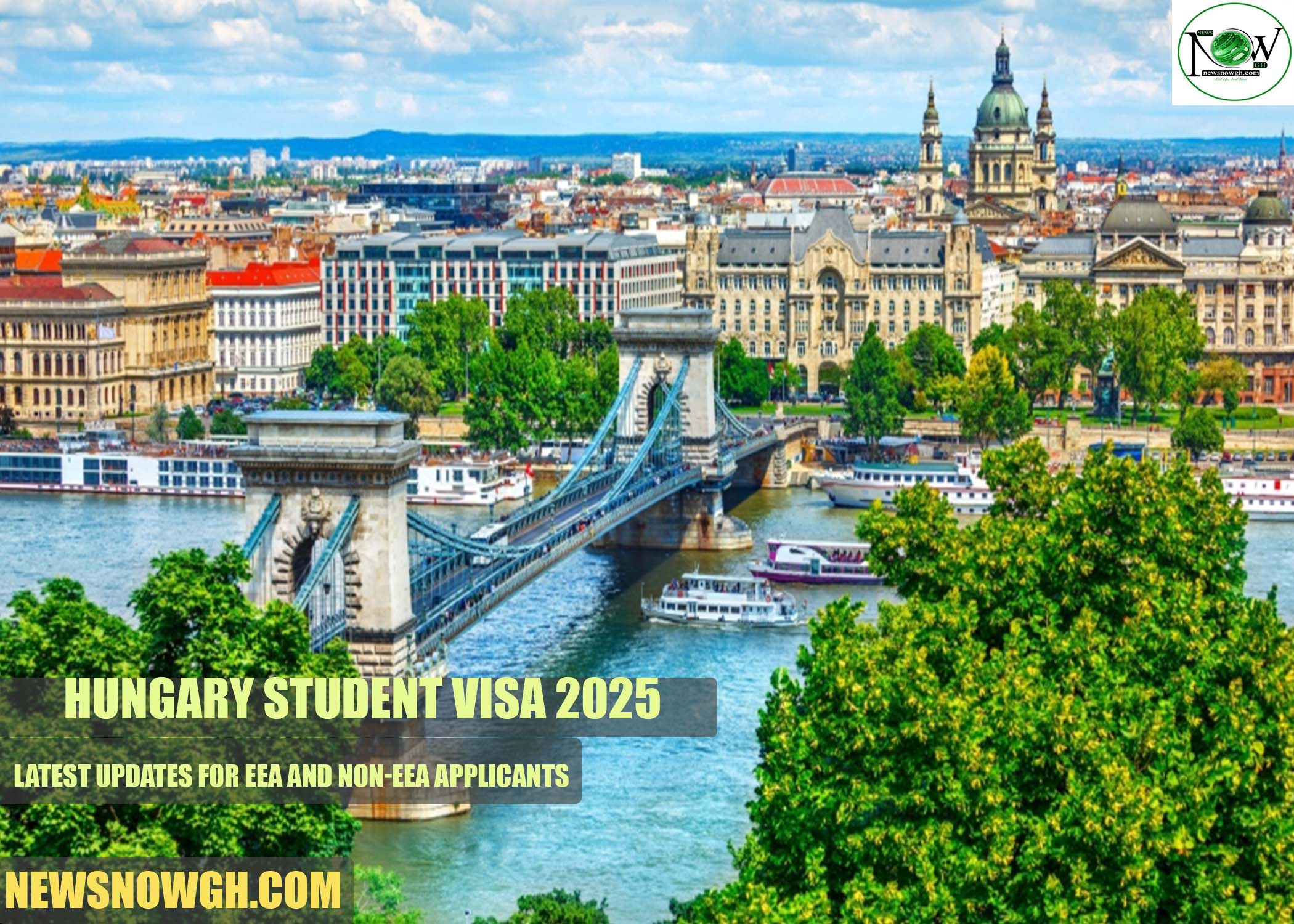Hungary Student Visa 2025: Latest Updates for EEA and Non-EEA Applicants
Are you planning to study in Hungary in 2025? Recent updates to Hungary’s visa policy significantly impact non-European Economic Area (EEA) citizens, especially international students. This guide will help you understand the new requirements and ensure a smooth application process.
New Updates at a Glance
Hungary now mandates a visa for all non-EEA nationals who wish to stay longer than 90 days. Here’s what you need to know:
- A D-type long-term visa and residence permit are essential for students and long-term visitors.
- Applications must be submitted from your home country; applying from within Hungary is no longer allowed.
- You’ll need more documentation to prove financial means, accommodation, and health insurance.
- Entry into Hungary does not finalize your stay; students must register locally to obtain their residence card.
Short-Term vs. Long-Term Visa
Understanding the difference between visa types is crucial for your plans:
Short-Term Visa (Type C)
- This visa is for visits lasting up to 90 days, suitable for tourism or business.
- Apply before traveling if your home country requires a Schengen visa.
Long-Term Visa (Type D)
- This visa is necessary for stays exceeding 90 days, especially for students in full-time programs or those relocating for work or family.
- Obtain this visa in advance; it is valid for a single entry only. You must convert it to a residence permit upon arrival.
Special Attention for International Students
If you’re considering joining a Hungarian university in Fall 2025, be prepared with the following documents:
- Documents Required for the Study Visa
- Completed residence permit application form (in English or Hungarian).
- Valid passport (must be valid for at least three months beyond your stay).
- One recent passport-size photo.
- Official Letter of Admission from your university (e.g., University of Pécs).
- Proof of accommodation (such as a rental agreement or dorm booking).
- Financial documents to demonstrate you can support yourself: bank statements, a declaration from a parent or guardian, or a scholarship letter.
- Proof of tuition payment or confirmation of exemption.
- Valid travel insurance covering medical emergencies, accidents, and repatriation.
- Visa fee payment receipt.
Note: Submit all documents in person at the Hungarian Embassy or Consulate in your country of citizenship or legal residence.
Processing Time & Embassy Notes
- Expect the processing time to take several weeks, depending on your location and the completeness of your documentation.
- Appointments may be necessary, and embassies might request additional local documents.
- Always check your local Hungarian Embassy’s official website for the latest procedures.
Post-Arrival Requirements
Once you arrive in Hungary with a valid D-type visa, there are a few more steps to complete:
- Register Accommodation: Report your address through the Enter Hungary platform.
- Finalize Residence Permit: Submit any outstanding documents to obtain your residence card, which serves as your legal proof of stay during your studies.
- Card Delivery: Your residence card is usually sent to your university, which will notify you when it arrives.
Conclusion
Navigating the changes to Hungary’s student visa requirements can be challenging, but being well-informed will streamline your journey. Ensure you have all necessary documents ready and follow the updated procedures closely. With the right preparation, you can successfully embark on your academic adventure in Hungary!
Follow NewsNowGh to stay updated on the latest information regarding work permits, visas, and visa-sponsored employment.


